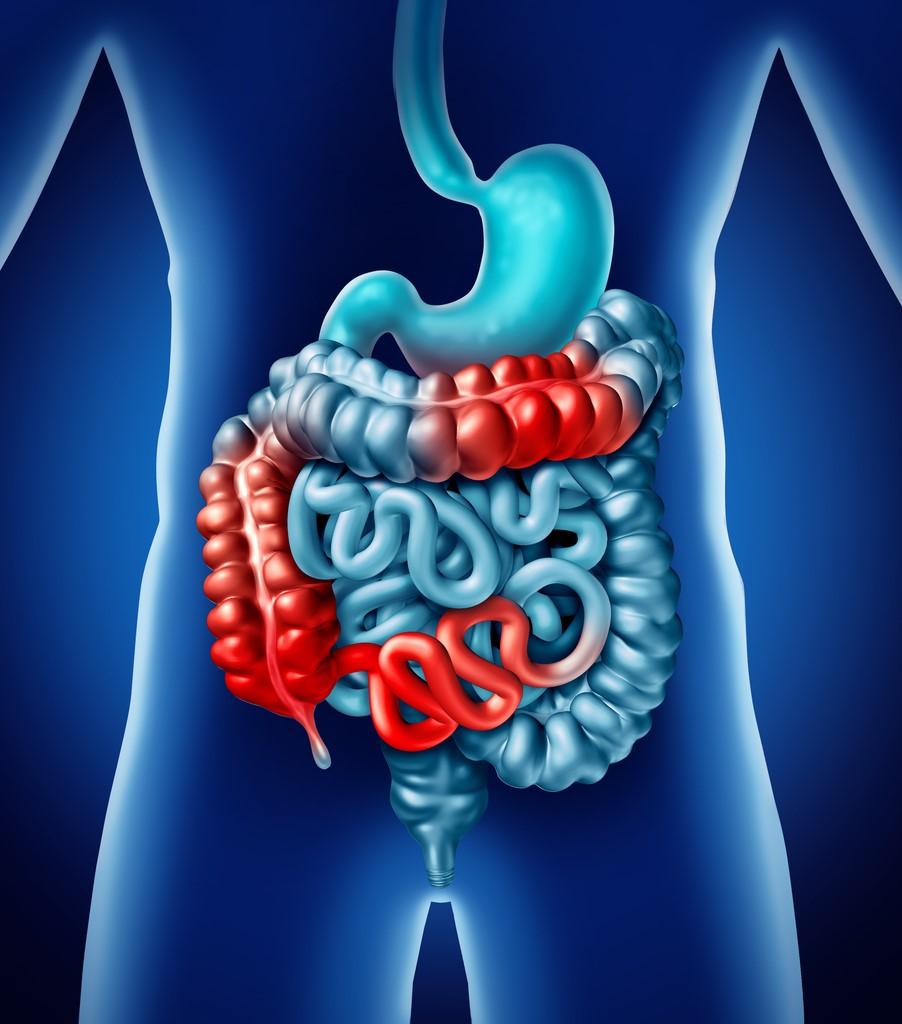Context:
A recent study reveals that even a short-course treatment of mice with antibiotics is sufficient to damage the mucus barrier which leads to Inflammatory Bowel Diseases (IBD).
Key highlights of the study
The study published in the journal Science Advances regarding overuse of antibiotics.
The study found that short-course treatment of mice with antibiotics twice a day for three days was sufficient to damage the integrity of the mucus barrier
- Mucus barrier which separates the immune system from microbes present in the intestine.
When the mucus barrier is damaged, it allows the microbes to come in close contact with host or body tissues, triggering an immune response and predisposing to intestinal inflammation. Its breakdown is a hallmark of inflammatory bowel diseases (IBDs).
The study found that all four antibiotics ampicillin, metronidazole, neomycin, and vancomycin were capable of breaking down the mucus barrier leading to encroachment of bacteria upon the colonic epithelium.
The study found that vancomycin (antibiotic medication used to treat a number of bacterial infections) could impede mucus secretion of goblet cells in the colon, in a microbiota-independent manner.
- The effects of vancomycin on the mucus barrier could not be transferred to germ-free mice by transferring the microbiota.
Certain antibiotics induce endoplasmic reticulum (ER) stress in colonic cells, thus diminishing mucus production.
- It was previously found that TUDCA (tauroursodeoxycholic acid) treatment could increase mucus secretion rates by reducing endoplasmic reticulum stress in colonic goblet cells.
The study concludes that antibiotics have a deleterious effect on the mucus barrier by acting directly on the host cells.
Inflammatory bowel disease (IBD)

- It is a term that describes disorders involving long-standing (chronic) inflammation of tissues in the digestive tract.
- This disease damages in the gastrointestinal (GI) tract. The GI tract is responsible for digestion of food, absorption of nutrients, and elimination of waste.
- The exact cause of IBD is not entirely understood, it is known to involve an interaction between genes, the immune system, and environmental factors.
- General symptoms: Fever, Loss of appetite, Weight loss, Fatigue, Night sweats, Loss of normal menstrual cycle.
Types of IBD include:
Ulcerative colitis:
- It is first described in 1875 by two English physicians, Wilks and Moxon.
- It is limited to the large intestine (colon) and the rectum.
- The inflammation occurs only in the innermost layer of the lining of the intestine.
- It usually begins in the rectum and lower colon, but may also spread continuously to involve the entire colon.
Crohn’s disease.
- It was first described in 1932 by three doctors—Burrill Crohn, Leon Ginzberg, and Gordon D. Oppenheimer.
- It is characterized by inflammation of the lining of your digestive tract, which often can involve the deeper layers of the digestive tract. Crohn’s disease most commonly affects the small intestine.
- However, it can also affect the large intestine and uncommonly, the upper gastrointestinal tract.

